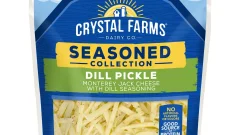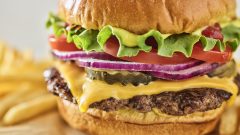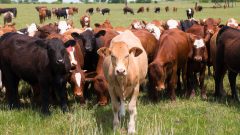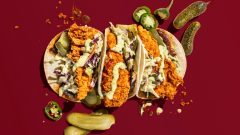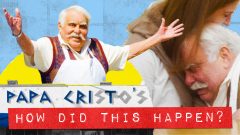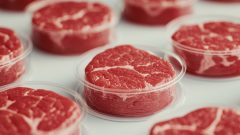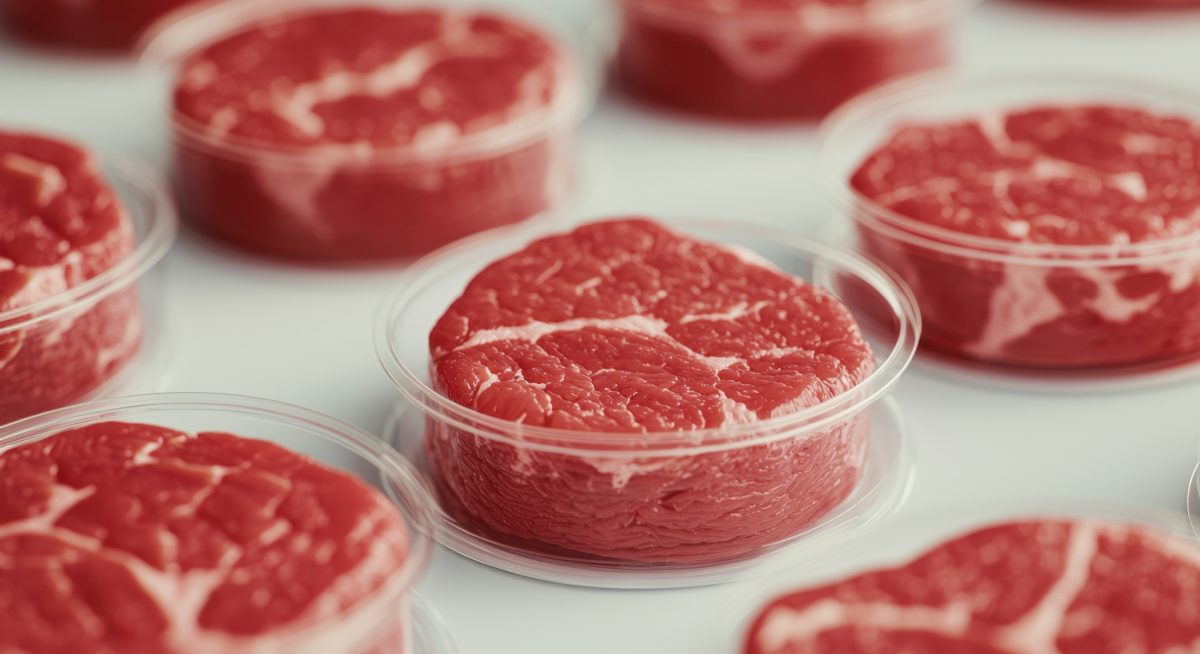Silicon Valley Execs Are Using Dangerous Fasting Practices To ‘Biohack’ Their Bodies

As America continues its search for the next big diet fad, Silicon Valley executives are looking to “biohack” their bodies to keep themselves in top shape. “Biohacking” is the term these CEOs give to extreme periods of intermittent fasting. However, the dietary methods they are using could pose some potential dangers.
These high-tech CEOs, including HVMN chief executive Geoffrey Woo, are turning to extreme forms of intermittent fasting to activate specific metabolic states in their bodies. By fasting from anywhere to two to eight days, the body goes into ketosis, where fat is used over carbohydrates for energy as fasting lowers available blood sugars. The new intermittent fasting periods are a step up from the 5:2 diet, where people eat normally for five days a week then lower their calorie counts to under 500 for the remaining two days.
Woo has lost 12 pounds over a week of fasting and “biohacking,” and former Evernote CEO Phil Libin has lost 90 pounds since starting the intermittent fasting lifestyle eight months ago. Libin, who is now the chief executive of an AI studio, eats meals once every three to four days. These CEOs claim that their new lifestyles promote weight loss and productivity while decreasing mood swings, the Guardian reports.
While these fasting lifestyles sound highly beneficial on paper, they do come with plenty of risks. Without proper supplementation of minerals and micronutrients throughout fasting, heart failure can occur. Additionally, fasting can increase already existing kidney damage and makes you more susceptible to infections. Electrolytes are also important to ingest while fasting, which these CEOs do through drinking tea and coffee, as examples.
If you do want to try this “biohacking” out as a new diet, definitely consult a doctor first. It would definitely suck to not eat for such a long period of time at first, but who knows? Maybe the benefits outweigh the risks with this growing diet gimmick.


